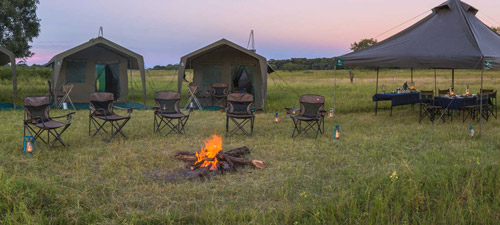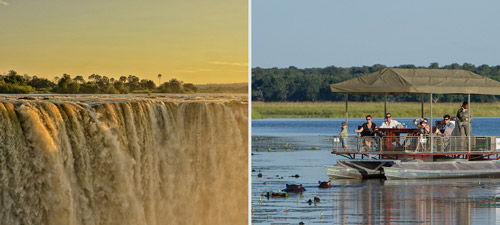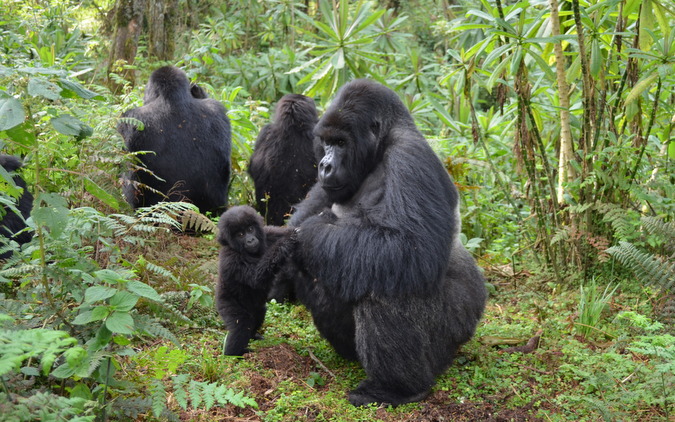
Press release from the Dian Fossey Gorilla Fund
A new study based on research at the Dian Fossey Gorilla Fund in Rwanda and just published in Scientific Reports suggests that mountain gorillas who are nice to infants have greater success in siring more infants.
This finding is scientifically noteworthy because it contradicts what was long believed about male gorilla reproduction and male primates in general – that all that matters is the ability to fight for the dominant position, not whether you’re a good parent.
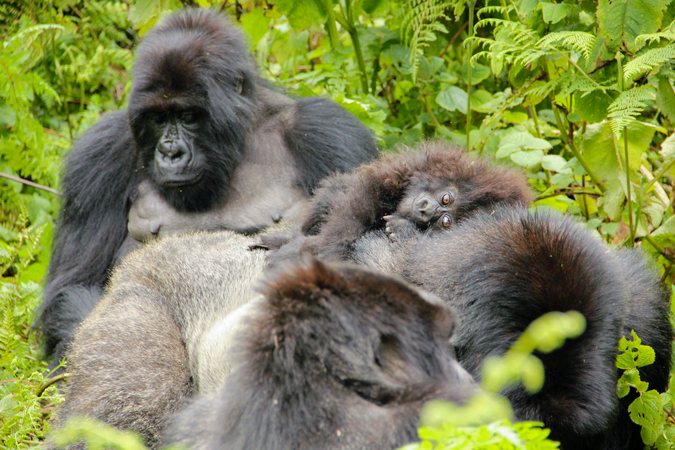
The study’s senior author, Fossey Fund President and CEO/Chief Scientific Officer Dr Tara Stoinski, says this study shows that long-term research of a species continues to pay off in unexpected ways.
“Dian Fossey first went to study these mountain gorillas in the 1960s, with the goal of furthering our understanding of human evolution,” Dr Stoinski says. “More than five decades later, the Fossey Fund’s continued research on this population – which makes them one of the world’s longest-studied animals – is still providing critical insights into what it means to be a gorilla – or a human,” she adds.
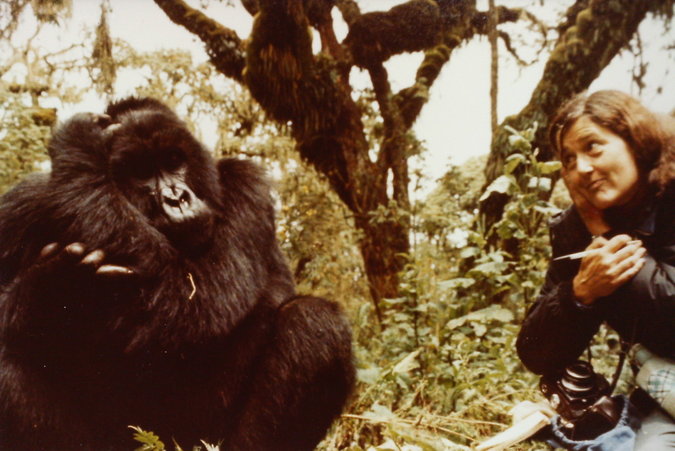
“Learning about what mountain gorillas do, and why, helps us understand how human males may have started down the unique path to our more-involved form of fatherhood,” says Dr Stacy Rosenbaum, former Fossey Fund researcher and the study’s lead author. She is now a post-doctoral fellow at Northwestern University.
“We don’t fully understand the mechanism, but based on this study, we propose that females preferentially mate with males who are nice to kids,” Rosenbaum says. And, she adds, “the evolutionary origins of male caretaking in the primate lineage that led to humans may be much older than we think.”
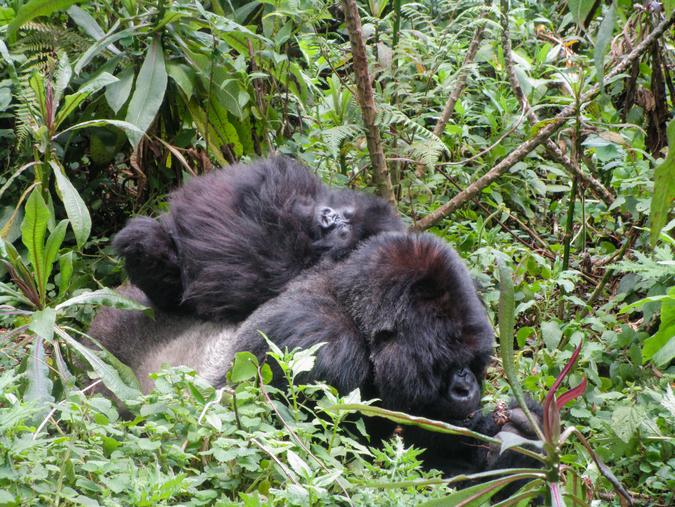
Additional research is now underway to investigate whether hormones, such as testosterone, may play a role in helping to facilitate these behaviours in the gorillas, as they do in humans.
Full report: Stacy Rosenbaum, Linda Vigilant, Christopher Kuzawa, Tara Stoinski. (2018) Caring for infants is associated with increased reproductive success in male mountain gorillas. Scientific Reports. https://www.nature.com/articles/s41598-018-33380-4
Watch male mountain gorillas interacting with kids in the video below (© Dian Fossey Gorilla Fund)
To comment on this story: Login (or sign up) to our app here - it's a troll-free safe place 🙂.![]()
HOW TO GET THE MOST OUT OF AFRICA GEOGRAPHIC:
- Travel with us. Travel in Africa is about knowing when and where to go, and with whom. A few weeks too early / late and a few kilometres off course and you could miss the greatest show on Earth. And wouldn’t that be a pity? Browse our ready-made packages or answer a few questions to start planning your dream safari.
- Subscribe to our FREE newsletter / download our FREE app to enjoy the following benefits.
- Plan your safaris in remote parks protected by African Parks via our sister company https://ukuri.travel/ - safari camps for responsible travellers




